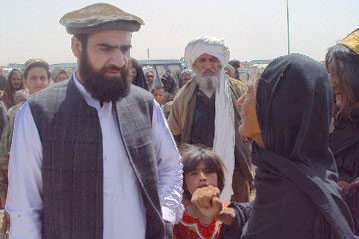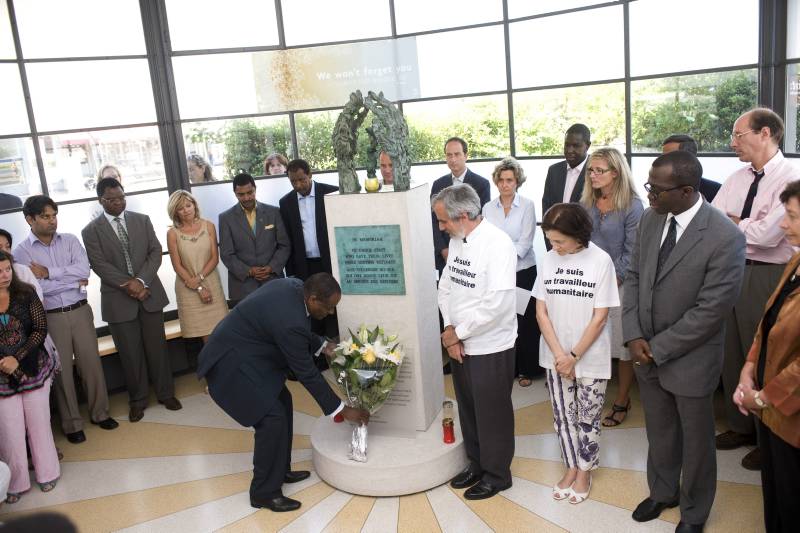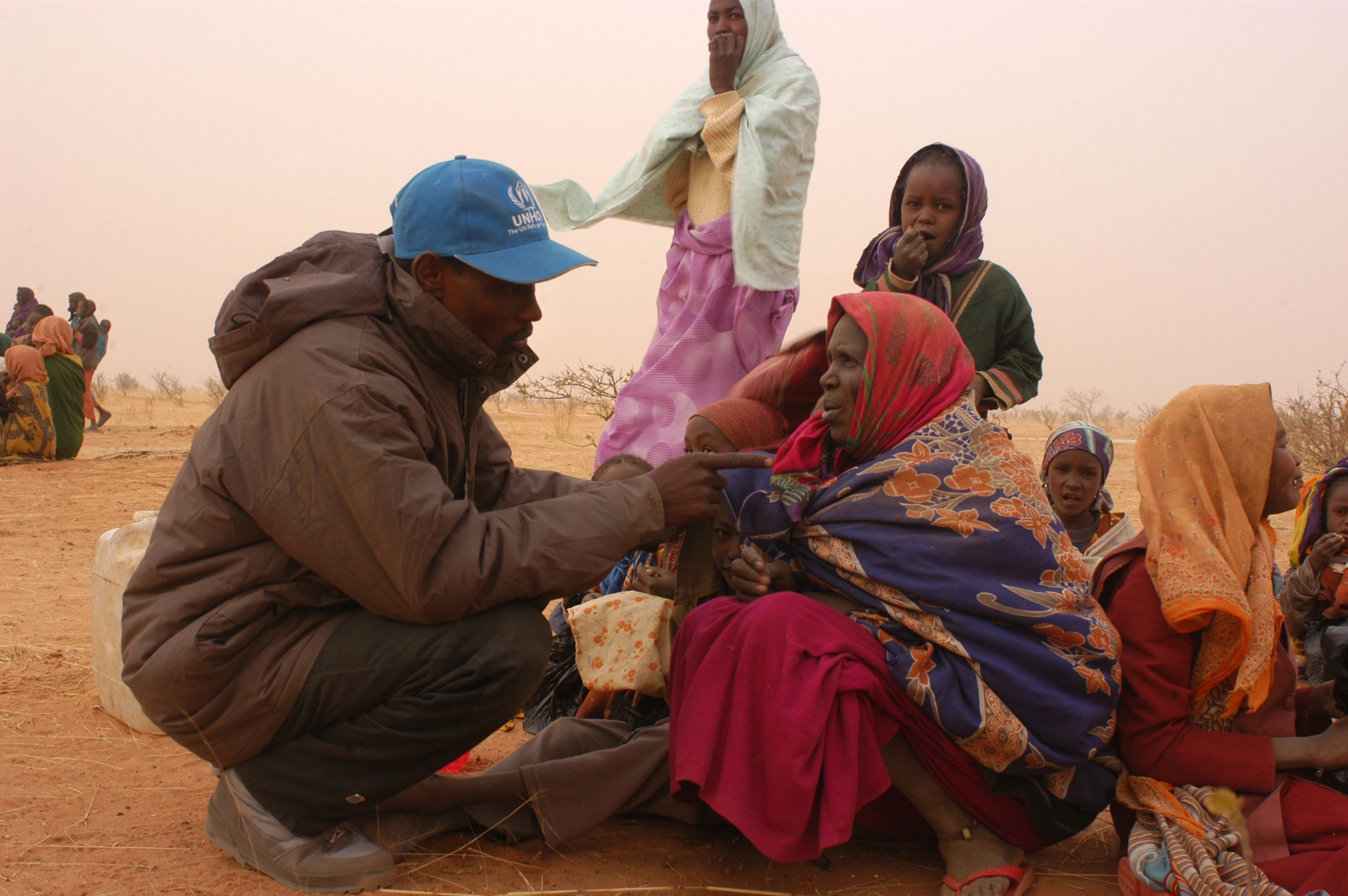Insecurity in parts of Afghanistan could affect displaced Afghans' return, warns UNHCR
Insecurity in parts of Afghanistan could affect displaced Afghans' return, warns UNHCR

KABUL, April 16 (UNHCR) - The UN refugee agency has warned that insecurity in parts of Afghanistan could hamper efforts to improve the situation of returning refugees and internally displaced people as relief agencies pull out following recent outbreaks of violence across the country.
Over the past week, representatives from UNHCR, the Afghan President's office and the Ministry of Reconstruction and Rural Development visited internally displaced communities in southern Afghanistan's Helmand and Kandahar provinces. Under armed escort, the group travelled to Lashkar Gah, where Ricardo Mungia, a staff member of ICRC (International Committee of the Red Cross), was murdered on March 27.
"Aid agencies in Afghanistan are understandably shell-shocked by the murder," said UNHCR spokeswoman Maki Shinohara in Kabul. "Our movements are restricted and it will take some time for staff to regain confidence to work fully in the field and help people in communities."
More than 10 international non-governmental organisations have pulled out of Kandahar, at least on a temporary basis. UNHCR's Spin Boldak field unit has been closed since the start of the war in Iraq on March 20. Operations at the Chaman border have also been restricted or stopped.
Local Afghan officials have also been targeted, and large areas of south-eastern Afghanistan - including the whole of Uruzgan and Zabul provinces - remain off-limits to aid agency staff because of the dangers. Other areas can only be accessed using armed escorts.
In eastern Afghanistan, security concerns have delayed the establishment of a new iris recognition centre in Khost to screen returnees for repeated assistance claims. In Nangarhar, UN activities have been on hold since January. The freeze was imposed following the killing of two guards who were escorting a UNHCR team. There are fears that poppy growers whose livelihood is being affected by the anti-narcotic campaign may seek revenge against the UN.
UN activities have also been curtailed in the north-west, following a new outbreak of inter-factional fighting near Maimana, west of Mazar-i-Sharif.
There are an estimated 350,000 internally displaced persons in southern Afghanistan, most of them in six settlements in Kandahar and Helmand provinces. People are still arriving in these settlements after fleeing harassment and insecurity in the north - from Faryab, Jowzjan and Badghis provinces.
The situation also remains uncertain for the more than 23,000 Afghan refugees who have returned from neighbouring Pakistan and Iran since the beginning of the year.
"Unless concrete action is taken to improve the security situation in Afghanistan, we could have a vicious cycle of less humanitarian access, reduced development aid, fewer returns and further instability," warned UNHCR's Shinohara.








